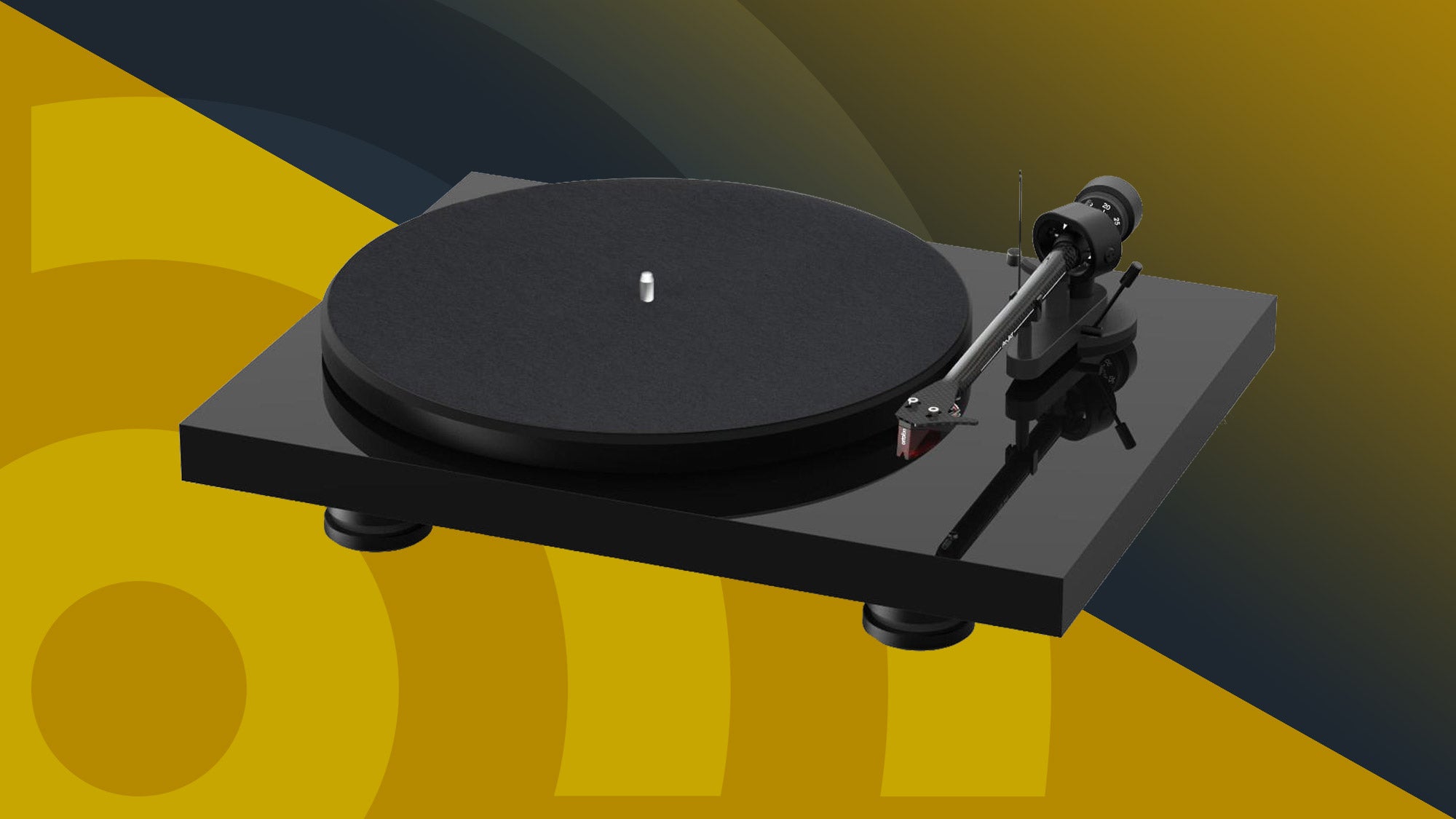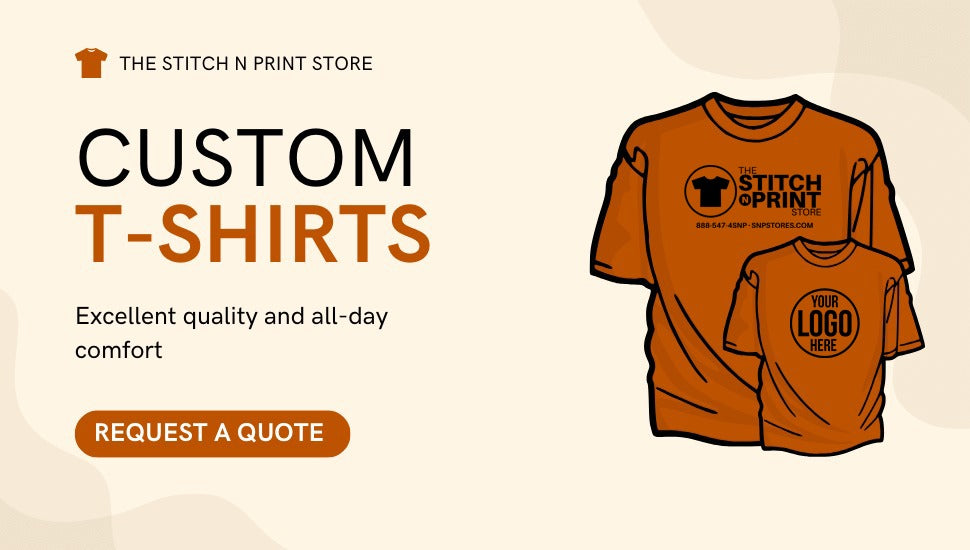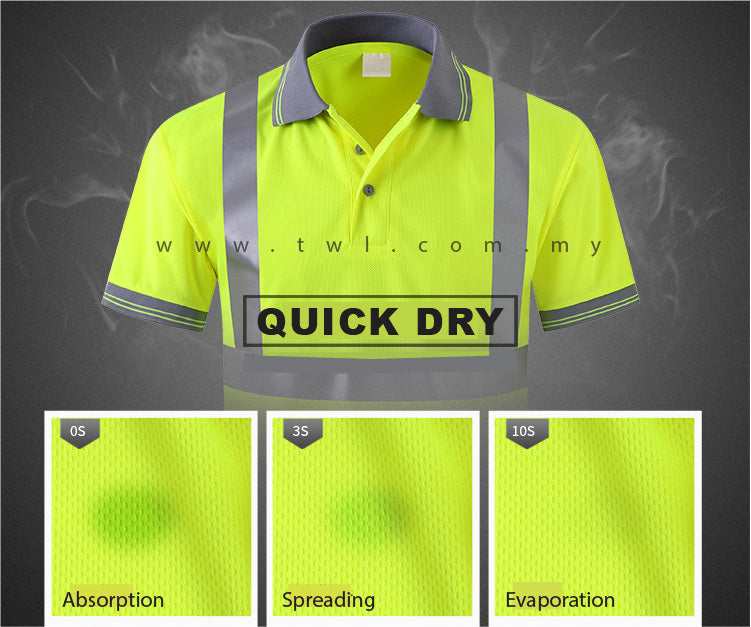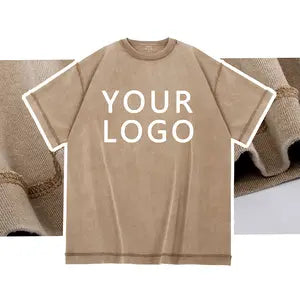For many music lovers, there is nothing quite like the crackle and warmth of a vintage vinyl record. The resurgence of vinyl records in recent years has sparked a new interest in this old school form of music listening. From classic rock albums to modern indie releases, there is something special about owning and playing a vinyl record. In this article, we will explore the world of vintage vinyl records and why they continue to hold a special place in the hearts of music enthusiasts.
The History of Vintage Vinyl Records
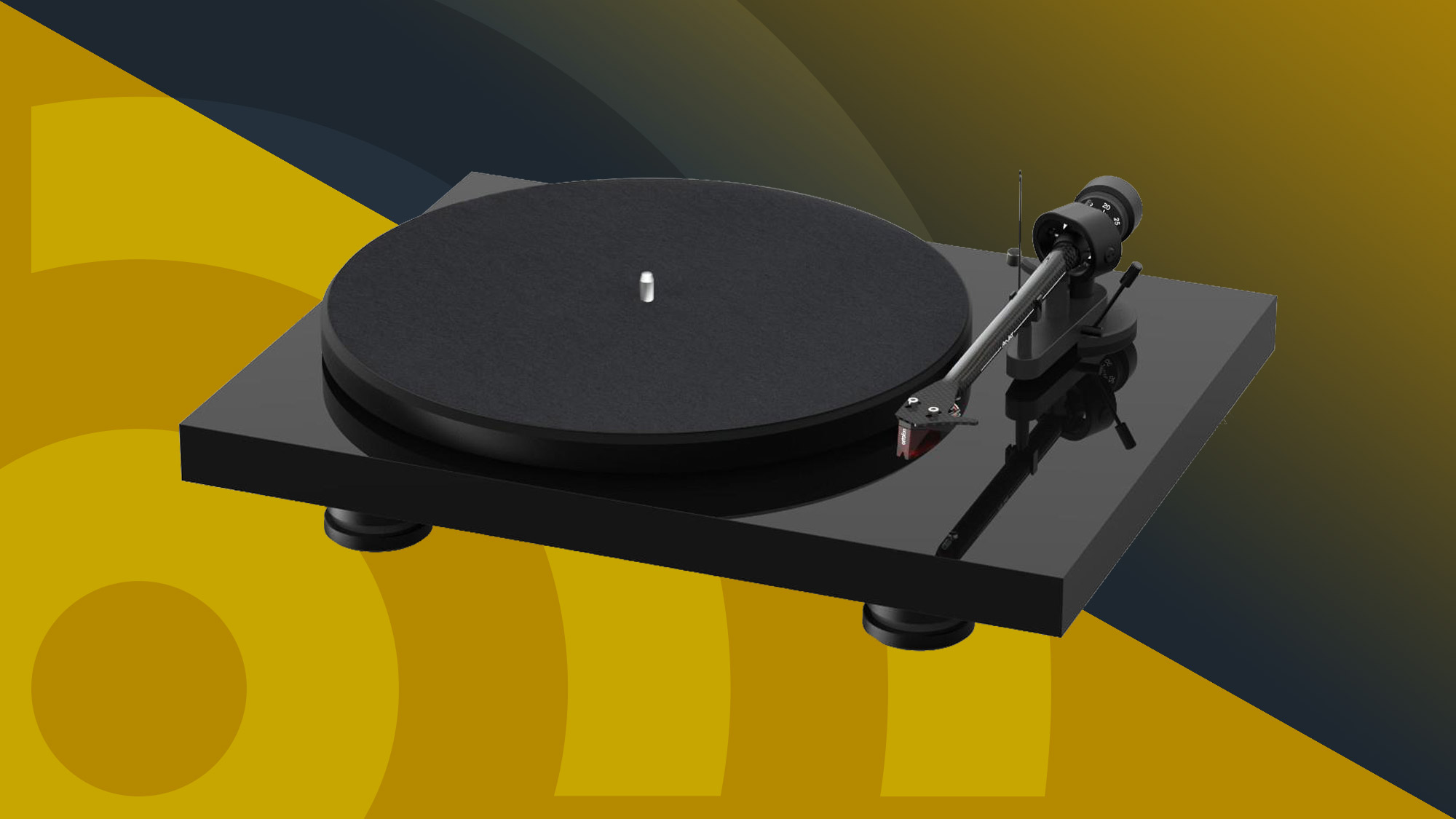
The Birth of Vinyl Records
Vinyl records have been around since the late 1800s, but it wasn't until the early 20th century that they became the dominant form of recorded music. Before vinyl, records were made out of shellac, a brittle and heavy material that was prone to breaking. But in 1931, a chemist named Walter S. Bachman invented a new type of plastic called vinylite, which would eventually lead to the creation of vinyl records.
The Golden Age of Vinyl Records
The 1950s-1960s is often referred to as the "Golden Age" of vinyl records. This was a time when vinyl records were the primary form of music consumption, and many iconic albums were released during this period. Artists like Elvis Presley, The Beatles, and Bob Dylan all had their breakthroughs in the era of vinyl records. This was also a time when vinyl records were considered a piece of art, with unique cover designs and intricate packaging.
The Decline of Vinyl Records
In the late 1970s, vinyl records faced tough competition from the rise of cassette tapes and later, CDs. These new formats were more compact, portable, and offered better sound quality. As a result, many record companies stopped producing vinyl records and focused solely on these new formats. But despite the decline, there was still a dedicated group of music enthusiasts who continued to collect and play vinyl records.
Why Vinyl Records Are Still Relevant Today

Sound Quality
One of the main reasons why vinyl records continue to be popular among music enthusiasts is because of their sound quality. Vinyl records have a warmer and more dynamic sound compared to digital formats like CDs or streaming services. This is due to the analog nature of vinyl records, which captures the nuances and imperfections of the original recording. Many music enthusiasts argue that listening to a vinyl record is a more immersive and authentic experience.
Collectibility
Another reason for the enduring popularity of vinyl records is their collectibility. For many, owning a physical copy of an album is more meaningful than just streaming it online. Vintage vinyl records, especially rare or limited editions, can hold significant value and are sought after by collectors. This adds an element of excitement and exclusivity to owning a vinyl record.
Nostalgia
For some, playing a vinyl record evokes a sense of nostalgia for simpler times. It's a reminder of a time when music wasn't consumed on a screen but rather enjoyed in a physical form. The ritual of taking out a record, carefully placing it on the turntable, and dropping the needle is a nostalgic experience for many music enthusiasts. It's a way to slow down and appreciate music in a different way.
How to Care for Your Vintage Vinyl Records
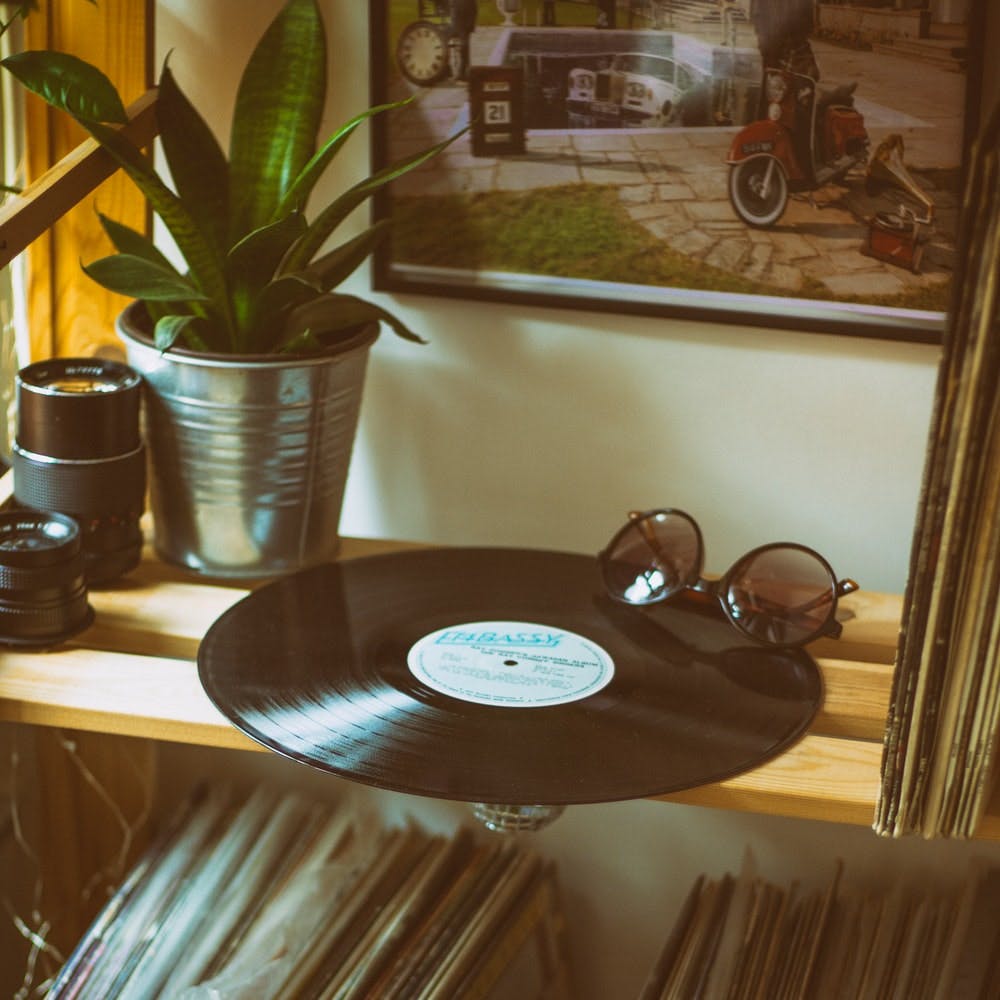
Handling and Storage
Proper handling and storage are essential for maintaining the quality of your vintage vinyl records. When handling a record, it's important to only touch the edges and avoid getting fingerprints or oils on the surface. Store your records upright in a cool, dry place to prevent warping or damage. Invest in record sleeves to protect the covers and inner sleeves to prevent scratches on the vinyl itself.
Cleaning Techniques
Regularly cleaning your vinyl records can help improve sound quality and prolong their lifespan. There are various methods for cleaning vinyl records, but the most common is using a record cleaning solution and a microfiber cloth. Gently wipe the record in a circular motion to remove any dust or debris. Avoid using harsh chemicals or rough cloths that can damage the surface of the vinyl.
Proper Usage and Maintenance of Turntable
The turntable is an integral part of playing a vinyl record, and it's important to properly use and maintain it. Make sure to set the tracking force correctly, as too much pressure can cause wear on the record. Keep the turntable clean and dust-free, and replace the needle regularly to avoid damaging your records. Proper usage and maintenance of your turntable will ensure that your vintage vinyl records sound their best.
The Value of Vintage Vinyl Records
Financial Value
As mentioned earlier, some vintage vinyl records can hold significant value to collectors. In fact, there is a whole market for rare and collectible vinyl records, with some selling for hundreds or even thousands of dollars. If you own a valuable vintage record, it could potentially be a good investment in addition to being a source of enjoyment.
Sentimental Value
Aside from their financial value, vintage vinyl records also hold sentimental value for many music enthusiasts. Some may have inherited records from family members or have fond memories associated with certain albums. For these individuals, the value of their vintage vinyl records goes far beyond monetary worth.
Community and Connection
Lastly, vintage vinyl records can also hold value in terms of community and connection. Record stores and record fairs are popular among music enthusiasts, providing a space to connect and share their love for vinyl records. In this digital age, owning a physical copy of a record can bring people together and create a sense of belonging within the music community.
FAQs about Vintage Vinyl Records

What is the difference between a vintage and a modern vinyl record?
The main difference between a vintage and modern vinyl record is the time they were produced. Vintage records are those that were created during the "Golden Age" of vinyl records, while modern records are those produced in recent years.
What makes vintage vinyl records so desirable to collectors?
Vintage vinyl records are desirable to collectors due to their rarity and historical significance. Many vintage records were limited edition or had unique packaging, making them valuable to collectors.
Do all vintage vinyl records have monetary value?
Not all vintage vinyl records have significant monetary value. The value of a record depends on its rarity, condition, and demand from collectors.
Can you play vintage vinyl records on a modern turntable?
Yes, you can play vintage vinyl records on a modern turntable as long as it has the correct settings and needle for playing vinyl records.
Are there any risks to owning and playing vintage vinyl records?
The main risk with owning and playing vintage vinyl records is damaging them through improper handling or storage. It's important to properly care for your records to avoid any damage or decrease in value.
Conclusion
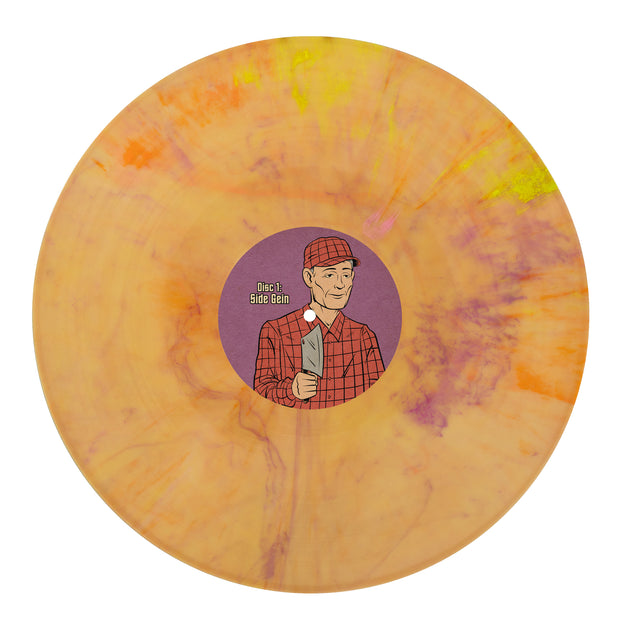
Vintage vinyl records hold a special place in the hearts of music enthusiasts for their history, sound quality, collectibility, and sentimental value. Despite facing competition from digital formats, vinyl records continue to be relevant and sought after by both collectors and casual listeners. If you're a music lover looking to add a unique and timeless treasure to your collection, consider adding a vintage vinyl record to your repertoire.


